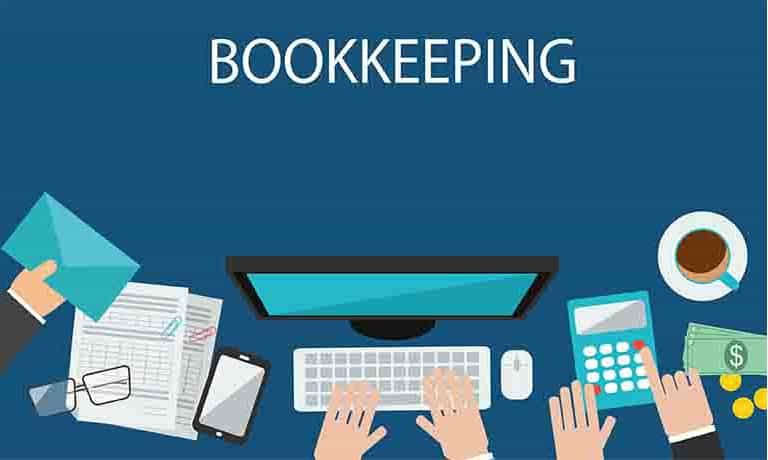bookkeeping

Why Your Business Should Consider Bookkeeping Outsourcing Services
Admin Desk
Managing finances is a critical aspect of running a business, but it can be time-consuming and complex. Bookkeeping outsourcing services provide companies ...

All you need to know about Alabama tax refund and Bookkeeping
Kaleem Bhatti
The state of Alabama offers a variety of tax credits and deductions to help residents keep more of their hard-earned ...

Benefits of hiring a bookkeeper for your business
Admin Desk
You need accurate and up-to-date financial data as a small business owner to make the best decisions for your company. ...





